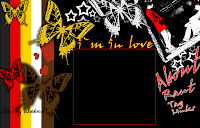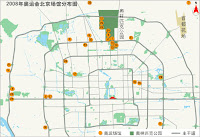
In the past we have talked about different types of sign language and though we have done that we haven't come out and said what there is to say. Most forms of sign language in America is a form of MCE or Manually Coded English. English remains the base for the signs. The signs can come from American Sign Language or they can be shortened or simplified (or lengthed and complicated) versions. Often Signing Exact English will make signs longer and more complicated by adding prefixes and changing tenses. American Sign Language doesn't add an ed or an ing to change when something happened or will happen, but SEE II does.
Any way...
Manually Coded English (and in other countries other forms of Manually Coded Languages) arose from a need to bridge the gap between the hearing and the deaf. Parents struggled to learn a new language to communicate with their children (and many who choose to use ASL still struggle). MCE was a way to use signs and also to communicate easily without having to learn a new language. Often the signs are the easy part of learning to communicate, it is the difference in grammar and structure that causes one to have difficulty. You have to retrain your brain to think in ASL.
Sign language isn't universal. There are differences in regions, in different circles, different books, and all across America. Not to mention that ASL is different then BSL (British Sign Language) which is different then FSL (French Sign Language) and so forth. It is true, however that if you put a FSL user in the same room with a ASL user and a French speaking person in with an English speaking person, it would be the deaf who would be communicating faster. Much faster. This has to do with how words are represented and the natural inclination to work through communication issues. If you have spent your whole life working through communication problems...it's not as much work as if you think everyone should just understand you.
read more







